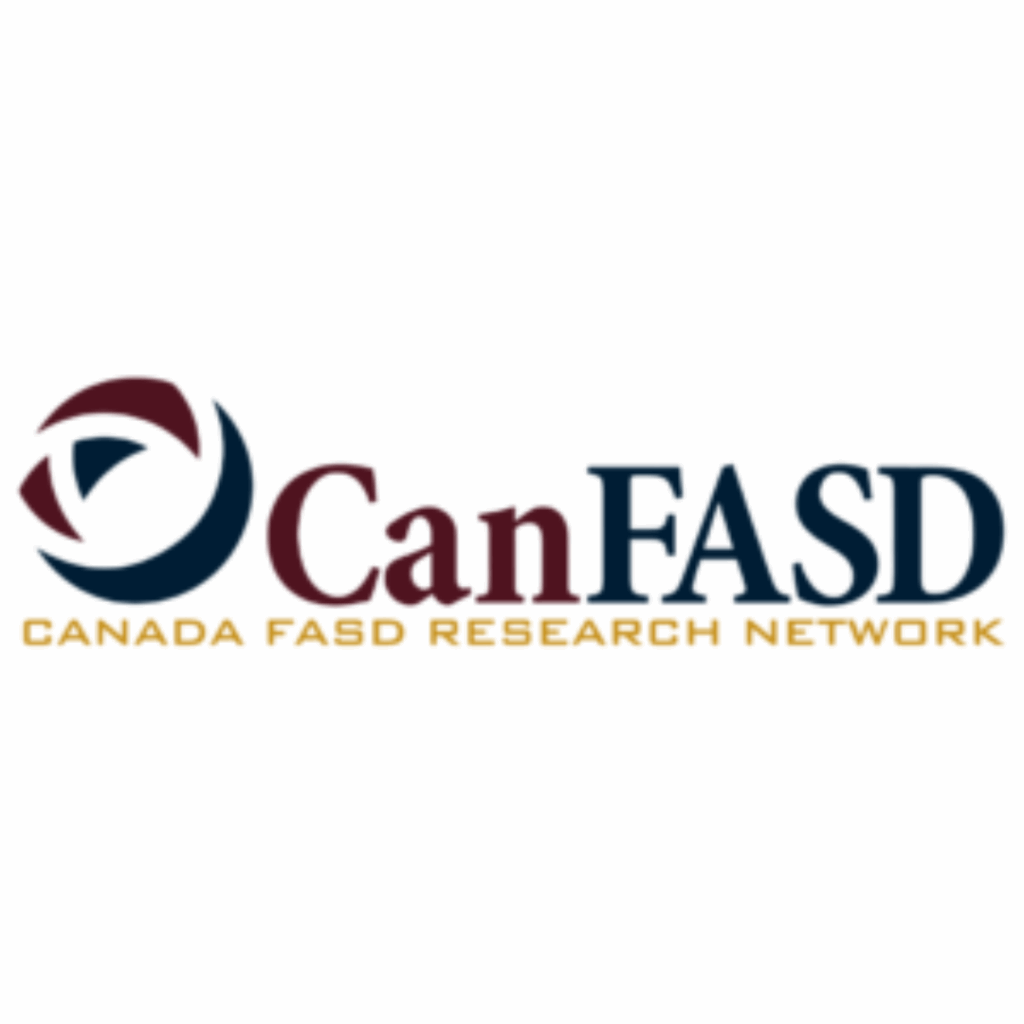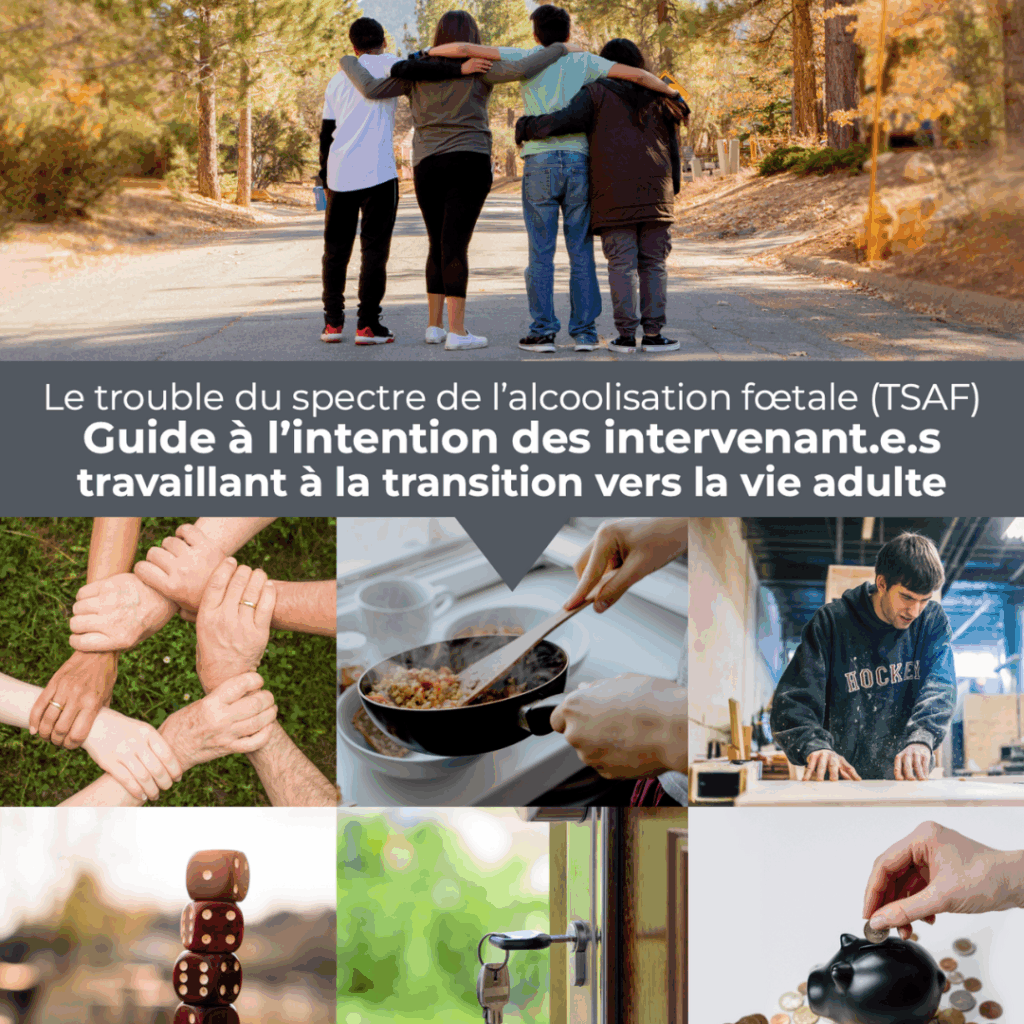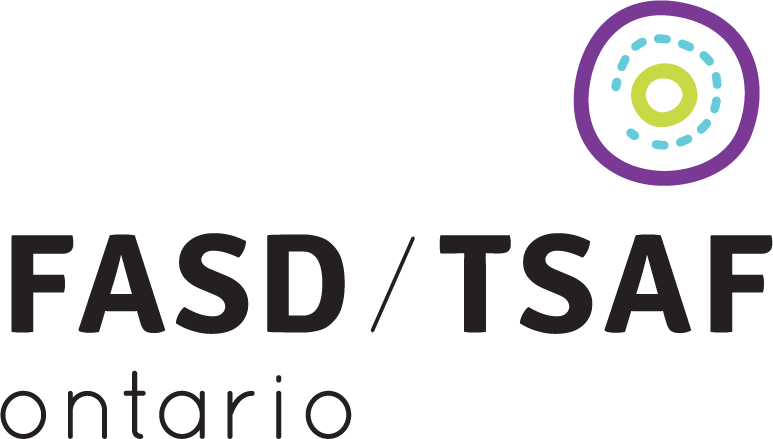Prevention and Screening Actions for Fetal Alcohol Spectrum Disorders to be Implemented in Medical Practice – (in french)

The Delphi method was used, which is a systematic and interactive forecasting technique based on a panel of experts. It makes it possible to consult a group of experts on a defined topic in order to reach a consensus (16). Each expert is consulted individually and anonymously using an initial questionnaire.
A Population-Based Study on Women Who Used Alcohol during Pregnancy and Their Neonates in Ontario, Canada

It is crucial to screen childbearing age and pregnant women who use alcohol for mental health problems and other substance use and to facilitate access to treatment services to prevent adverse maternal and neonatal outcomes. Routine screening and data collection on alcohol use in pregnancy are urgently needed on provincial, national and global levels.
Population perinatal substance use and an environmental scan of health services in British Columbia, Canada

Expanding supports for perinatal substance use – particularly acute care and supportive housing within more rural/remote regions in BC – will be critical to address geographic inequities in access to perinatal care and improve health outcomes for pregnant people who use substances and their infants.
FASD Prevention: An Annotated Bibliography of research published in 2024 (CanFASD)

Annually, researchers associated with the Prevention Network Action Team (pNAT) of the CanFASD Research Network search the academic literature for articles related to Fetal Alcohol Spectrum Disorder (FASD) prevention. The findings are organized using a four-level prevention framework developed by the pNAT to describe the wide range of work that comprises FASD prevention. The annual literature search is intended to update those involved in FASD prevention in Canada, so they can inform their practice and policy work with current evidence. The members of the pNAT also have the opportunity in monthly web meetings to discuss the implications of the findings for their work.
Beyond the Brain: The Physical Health and Whole-Body Impact of Fetal Alcohol Spectrum Disorders

Recent clinical evidence integrated with the lived experiences of adolescents and adults with fetal alcohol spectrum disorder (FASD) highlights the range of physical health challenges people can experience.
Communication: For Learners with FASD and other Complex Learning Needs

A brochure that outlines strategies for improving communication with learner’s with FASD and other complex learning needs.
Fetal Alcohol Spectrum Disorder: A Guide to Awareness and Understanding

A guide with information about FASD, its impacts and strategies for success. (24 pages)
FASD: When the Expecting Mother Drinks? – (in french)

Informative video explaining what happens when an expectant mother consumes alcohol during pregnancy.
Children Exposed to Alcohol During Pregnancy: Things to Watch For! – The Health Magazine – (in french)

A video about the experience of a woman who didn’t know she was pregnant for the first five months and consumed alcohol.
The Little Soul Who Absolutely Wanted to Go to Earth – (in french)

A story for children prenatally exposed to alcohol, explaining their arrival on Earth with lightness and love. It was written long ago by Louise Loubier-Morin for her daughter, a curious, talented, and passionate little Anicinapek girl who lives with FASD. (12 pages)
Fetal Alcohol Spectrum Disorder (FASD): A Guide for Workers Supporting the Transition to Adulthood – (in french)

A guide for all organizations that support the transition to adulthood. (84 pages)
Fetal Alcohol Spectrum Disorder (FASD): A Guide for Judicial, Parajudicial, and Sociojudicial Workers – (in french)

A guide for all professionals working in the socio-judicial field. (79 pages)
